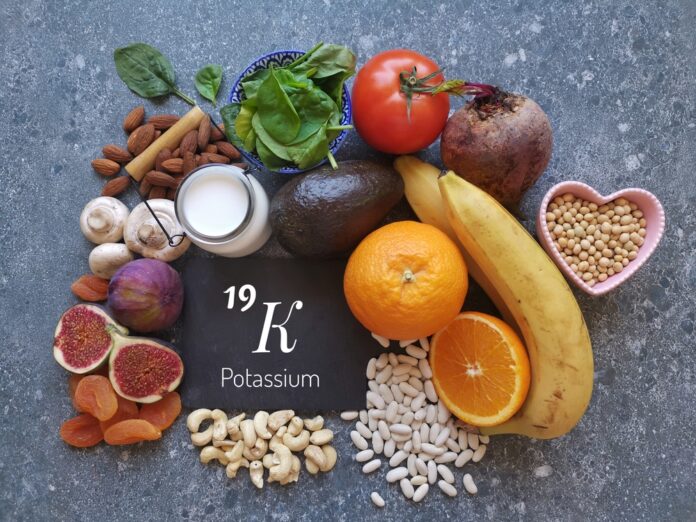
Potassium is a multi-purpose tool the body’s tissues use for many handy tasks, but its main purpose is leveling fluids in cells. Its alter ego, sodium, performs a similar function but outside of our cells.
Potassium is an electrolyte, meaning a substance that conducts small electrical charges key to normal cell and organ function.
We need much more potassium daily than sodium, but ironically our diets are exactly the opposite. With this in mind, getting to our “Goldilocks Zone” — a just-right balance — will have amazing benefits.
But first of course, the negative.
People who partake of high-sodium and low-potassium diets are at a much higher risk for death from a heart attack. Or anything else for that matter. It’s true. Those with the highest sodium-to-potassium ratio have a 50% higher death rate from any cause.
Keeping the Goldilocks Zone in mind, there are dangers for having potassium levels too high or too low. A diet of too much potassium, which may result from using supplements, salt substitutes, and certain medications, results in hyperkalemia.
This condition often lacks noticeable symptoms and is detected by a blood test. A change in diet for milder cases is normally sufficient. Severe cases, however, are managed and treated with several methods including diuretics, IV therapy, medication, or dialysis.
Potassium that is too low, or hypokalemia, brings its own set of issues. Most commonly caused by medications that increase urination, namely diuretics or “water pills,” this end of the spectrum may result in weakness, fatigue, muscle cramps, and constipation.
Even with these symptoms, health experts advise against beginning potassium supplements without talking to your doctor. The danger is that either extreme, whether a radical increase or decrease, may seriously impact the nervous system.
Chances for arrhythmias, or irregular heartbeats, increase. In extreme cases this may be fatal.
There’s a simple switch that drops a person’s risk quickly. Eat more fruits and vegetables. These are naturally amazing sources of potassium and low in sodium. On the flip side, back away from high quantities of bread, cheese, processed meats and other processed foods.
In other words, the mainstays of the modern American diet.



















